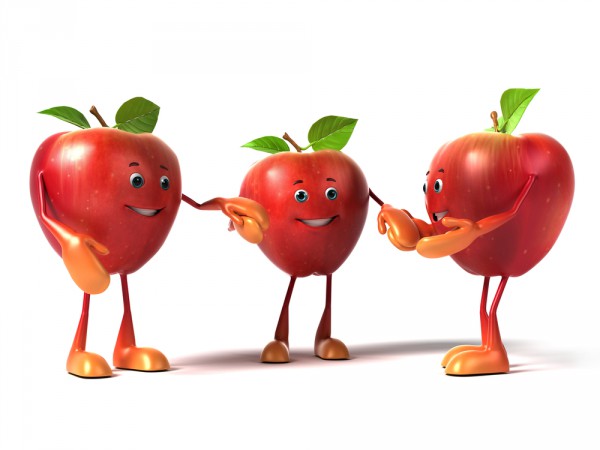Apple returns to its core

Today's splashy media event takes Apple back to its roots (no pun intended). For example, the new MacBook, which weighs less than a kilogram (2.2 pounds) and is 1.31 centimeters at its thickest, reminds of the design and engineering qualities that made iPod nano so breathtaking and innovative 10 years ago in September. Apple CEO Tim Cook paid a little homage to predecessor Steve Jobs when remarking about the laptop: "Can you even see it?" Small size mattered when Jobs unveiled the nano, too.
Innovation—and nothing resembling the cliché overuse of the word today—went into iPod nano and was demonstrated this morning in the new MacBook, which goes on sale April 10, starting at $1,299. Lust-worthy design is an Apple prerogative that is core to today's crop. But there is much more: Real cohesion around an Apple vision long lost in the distraction of Steve Jobs' illness and death and the transition that followed.
For example, everything about the day's announcements shows how Apple doesn't sell devices but a lifestyle. That's another last-decade quality lost but found again. In purest Apple lifestyle marketing, you can't just buy one thing. There are too many inter-dependencies necessitating that if you use this you will want, or even need, to use that.
Consider the new MacBook's single, USB-C port. During the intro, marketing chief Phil Schiller emphasized wireless capabilities, such as AirPlay and AirDrop, for sharing content. But to use these capabilities, you will want other Apple products. Take your pick: Apple TV, iPad Air, iPhone 6, iTunes.
Which raises another fine point often overlooked: Apple's device strategy is more about content than the cloud. The second-Jobs era is built on content connected to devices. There would be no iPod without iTunes and digital content tied to both. Ditto for iPhone.
Today's HBO NOW exclusive subscription deal is one of many. You will need Apple TV to use the service, which costs $14.99 monthly and will be available in April, just in time for Game of Thrones' return. Today, Apple slashed its media player's price to $69, making it all the more appealing to anyone wanting HBO NOW.
The company knows the value of content. iTunes store better packages digital wares, such as music mixed for the service or Extras attached to movies, as well as offers better bundles at lower costs than competitors. I see many more sale prices on movies than other online stores. Apple even sneaks out new releases Monday nights at Midnight Eastern Time, even though the company's timezone is three hours later. By contrast, rivals like Amazon and Google make potential renters or buyers wait until Tuesday.
I haven't had such visceral emotional response like this to an Apple event since last decade. The magic is back. There's some real innovation in the new MacBook, greater emphasis on connectedness and inter-dependence among the products, and stronger status lust.
That said, I have moved on. Google-branded, Motorola-made Nexus 6 anchors my digital lifestyle. I hugely prefer the phablet to Apple's smartphone. Meanwhile, as a writer, Chromebook Pixel is perfect for me. Keyboard is superb, Chrome OS tab organization reduces distraction, and Google services' tight integration improve my research and collaboration. If I were a professional photographer, videographer, software developer, or someone dependent on desktop software or content, Pixel would be the wrong choice.
Today's event makes me miss the Apple Way, and sadly and shamefully grateful. Because if Steve Jobs still lived, and pitched the products unveiled today, I would want them all. He cast that kind of spell. I have long said: When he had an off-day during a keynote, you left feeling your life would better if buying products X, Y, and Z. On his truly on-days, you left feeling that if you didn't get that new thing, your life would be worse!
Photo Credit: Sebastian Kaulitzki/Shutterstock
